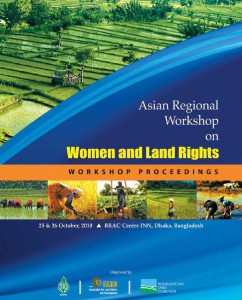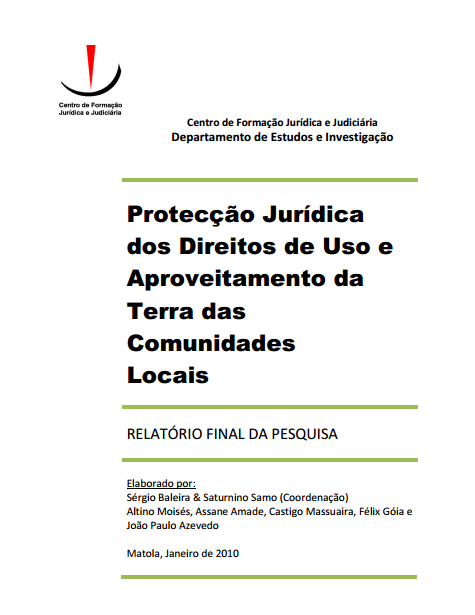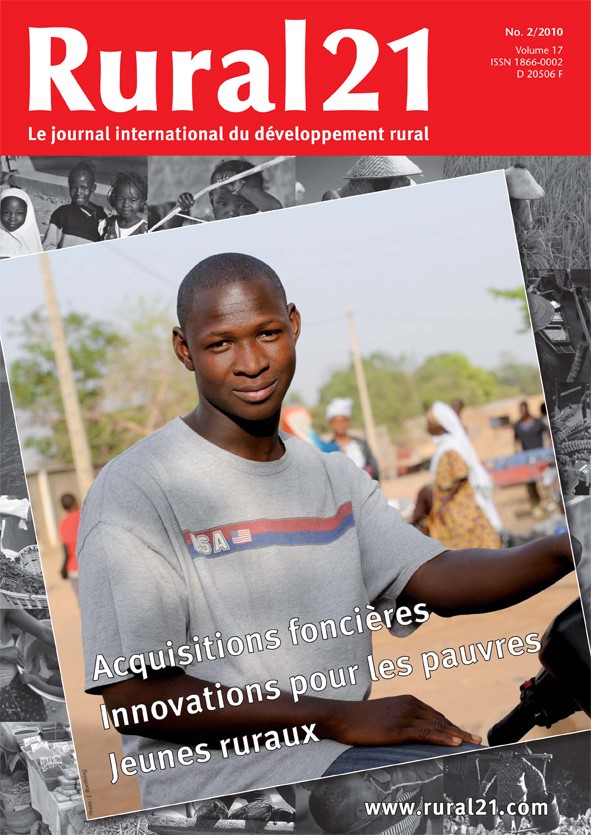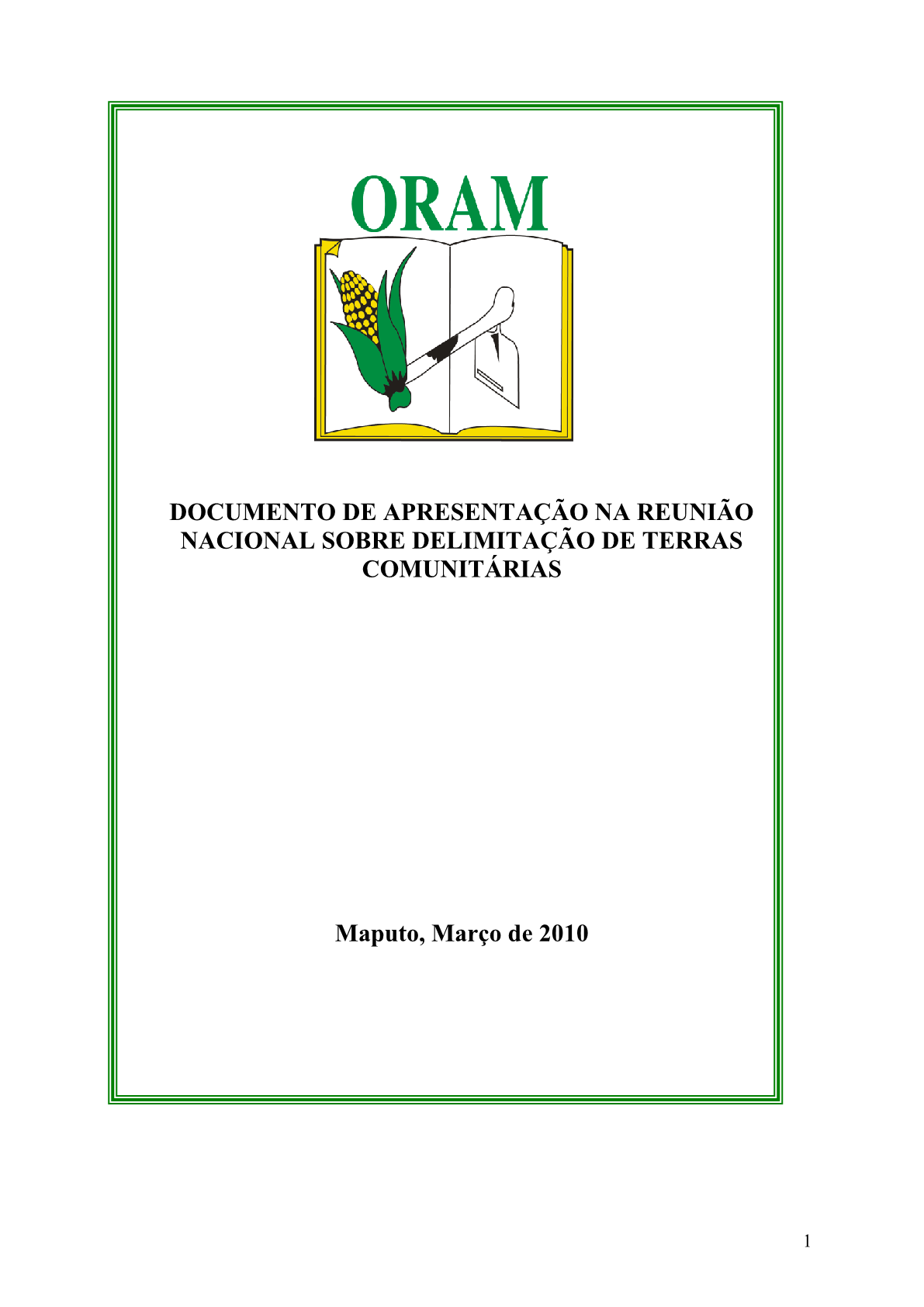Asian Regional Workshop on Women and Land Rights: Workshop Proceedings
Last 25-26 October 2010, the Association for Land Reform and Rural Development (ALRD), the Asian NGO Coalition for Agrarian Reform and Rural Development (ANGOC) and the International Land Coalition (ILC) jointly organised this Regional Workshop on Women and Land Rights, as a response to the urgent need to cast the spotlight on women and their access to and ownership of land.








